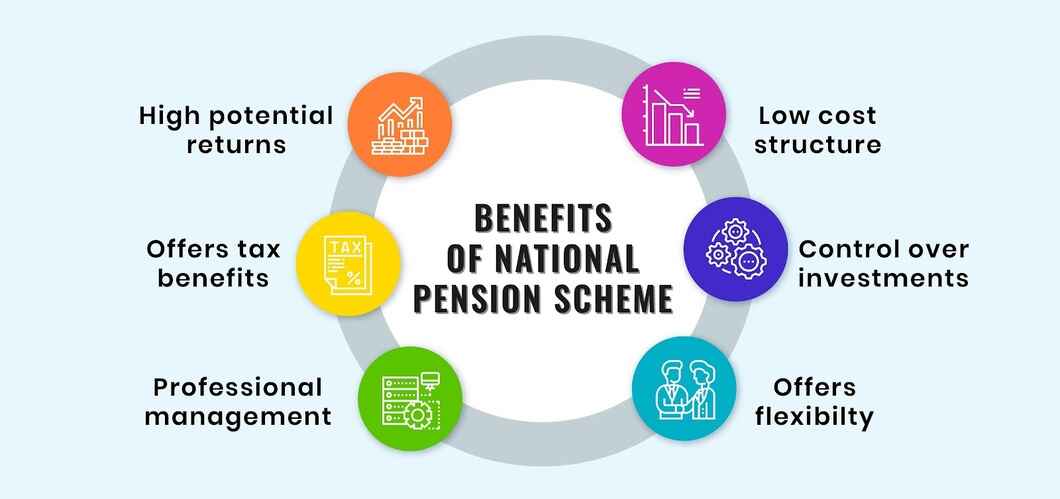Section 80C of the Income Tax Act gathers all the rules about “general deductions related to certain payments.” Thus, it elaborates on all tax deduction rules applicable for specific payments.
Further, all the tax-deductible instruments under Section 80C are “cumulatively” considered for tax deductions. For instance, any NPS contribution plus an ELSS or EPF or PPF contribution or all (as the case may be) should not exceed ₹1.5 lakhs in a year.
However, as for the NPS tax benefit for salaried employees, there is an additional tax exemption of ₹50,000 and an exemption for any contribution made by an employer!
Hence, it is not hard to see why everyone wants to know how to avail of NPS tax exemptions and deductions.
Section 80CCD has the rules pertaining to the National Pension Scheme and its tax deductions. Moreover, the NPS employee and employer contribution tax benefits are shown in 80CCD (1) and (2). The details of each sub-section are given below:
NPS Deduction Under Section 80CCD (1) (Contributions Made by Employee)
This section highlights the basic NPS rules for both salaried and self-employed persons.
- The maximum National Pension Scheme deduction available is capped at 10% of the salary (basic + dearness allowance).
- For self-employed people: The tax deduction cap has been increased to 20% of gross total income since FY 2017-2018.
NPS Deduction Under Section 80CCD (2) (Contributions Made by Employer)
This section is highly important as it details the tax exemptions on NPS contributions by an employer.
- Applies only to salaried individuals and not to self-employed persons.
- This section says that if an employer (Government or Private) makes a contribution to the National Pension Scheme on behalf of an employee, then 14% of the salary (basic + dearness allowance) for a financial year (for all private and government employees) is available for deduction over and above Section 80CCD (1) deduction for salaried persons. Further, it is not even considered for the ₹1.5 lakhs cap!
- However, the employer cannot “park” more than ₹7.5 lakhs in PF, NPS, or superannuation funds combined. Any amount over this cap will be treated as taxable, even any interest and dividends earned.
NPS Deduction Under Section 80CCD (1B) (Voluntary/Self-Contribution)
This section says that over and above the limit of ₹1.5 lakhs available as deduction, there is a ₹50,000 further deduction which any NPS subscriber (employee or self-employed) can claim. Thus, it raises the maximum exemption limit to ₹2 lakhs.
An overall analysis of all the three sections is given below:




















